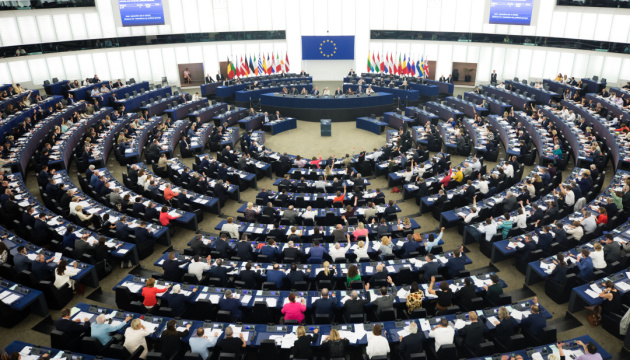The European Parliament has approved the project, which will form the basis of future law on rules governing the regulation of artificial intelligence.
This was reported by DW, Ukrinform reports.
Once the plan is approved, lawmakers will begin negotiations with the 27 EU member states on the final version of the law. If Brussels achieves its goal of passing the law by the end of the year, it will be the first in the world to regulate artificial intelligence.
However, it may not come into effect until 2026, so the European Union will have to insist on voluntary interim agreements with tech companies until then to get regulation sooner.
The attempt to regulate artificial intelligence emerged in the European Union in 2021, but gained more prominence after the launch of the ChatGPT bot last year, which showed new advances and possible risks in the field.
The law will regulate AI by level of risk: the higher it is for people’s rights and health, the greater the requirements will be. The high-risk list includes artificial intelligence in education, critical infrastructure, security and migration management.
Special requirements will apply to productive systems such as ChatGPT and DALL-E that can create text, images, audio and media files. They will be asked to inform users that the content was created by machines, not humans.
MEPs consider the bills “historic” and reject criticism that it could do more harm than encouraging innovation.
As Ukrinform reported, American senators presented two draft laws on artificial intelligence, against the backdrop of growing interest in solving problems with this technology.













